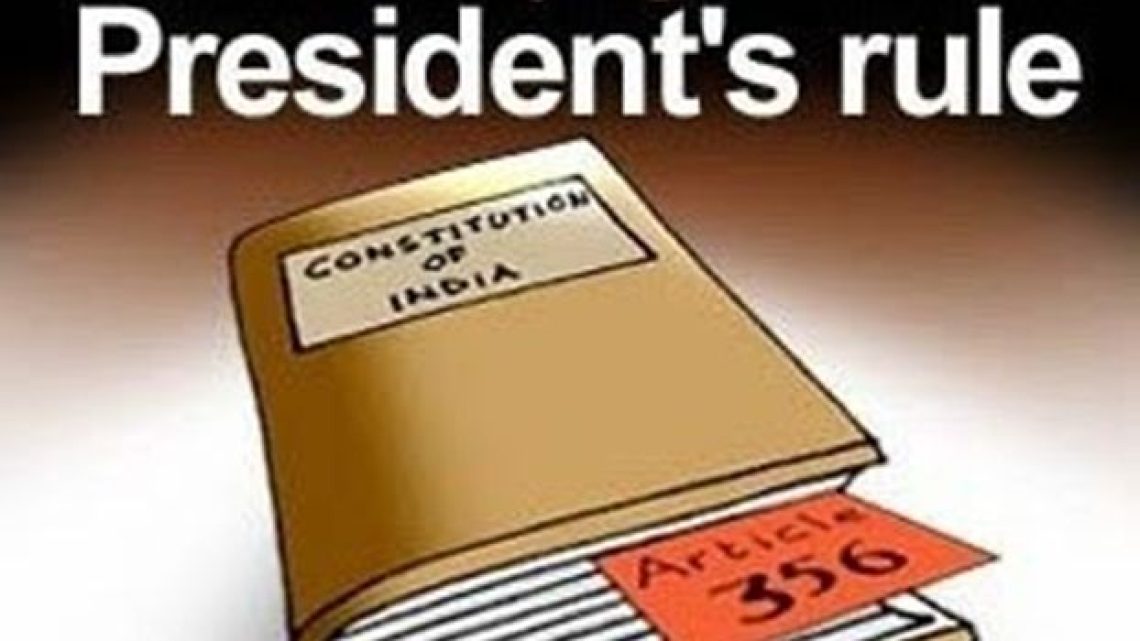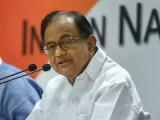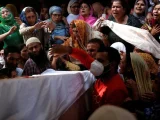
IIOJK Sees ‘end of President’s Rule’ after Six Years
October 14, 2024After nearly six years, President’s Rule in Indian-occupied Jammu and Kashmir (IIOJK) has been lifted, following a humiliating defeat for the Bharatiya Janata Party (BJP) in recent elections.
The National Conference-Congress alliance emerged victorious in the assembly elections, forcing a shift in power. The Indian Home Ministry officially announced the revocation through a gazette notification signed by President Droupadi Murmu.
This notification invokes Section 73 of the Jammu and Kashmir Reorganisation Act, 2019, along with Articles 239 and 239A of the Indian Constitution. However, this legal maneuvering does little to mask the political reality on the ground.
Omar Abdullah, vice president of the National Conference, has been elected as the leader of the new alliance. Yet, this change in leadership does not alter the fundamental issues plaguing the region.
The Jammu and Kashmir Reorganisation Act, 2019, was introduced alongside the abrogation of Article 370, which stripped the territory of its special status. The local population views these elections and the resultant government as mere band-aids on a festering wound.
For Kashmiris, the political process is provisional at best, a temporary solution that does not address their longstanding demand for self-determination. This demand is firmly rooted in United Nations Security Council resolutions, calling for a just and lasting solution.
Kashmiris are not seeking mere electoral change; they want the right to decide their own future. Their quest for self-determination has deep historical roots, tracing back to the 1949 UN Commission for India and Pakistan resolution advocating for a free and impartial plebiscite.
This ongoing struggle highlights the international community’s obligation to support the Kashmiri people in their fight for dignity and rights. Yet, the global response remains halfhearted and unconvincing.
The lifting of President’s Rule and the formation of a new government should not be mistaken for a resolution to the Kashmir issue. The political landscape is still dominated by Indian oppression and militarization.
Kashmiris continue to face human rights violations, military presence, and severe restrictions on their freedoms. The façade of democracy cannot disguise the harsh reality of occupation.
As the new alliance takes power, it must recognize that true change goes beyond political appointments. The aspirations of the Kashmiri people for genuine self-determination must be acknowledged and addressed.
The struggle for Kashmir is not just about political power; it’s about fundamental human rights. The international community must heed these cries for justice, or risk complicit silence in the face of ongoing atrocities.

